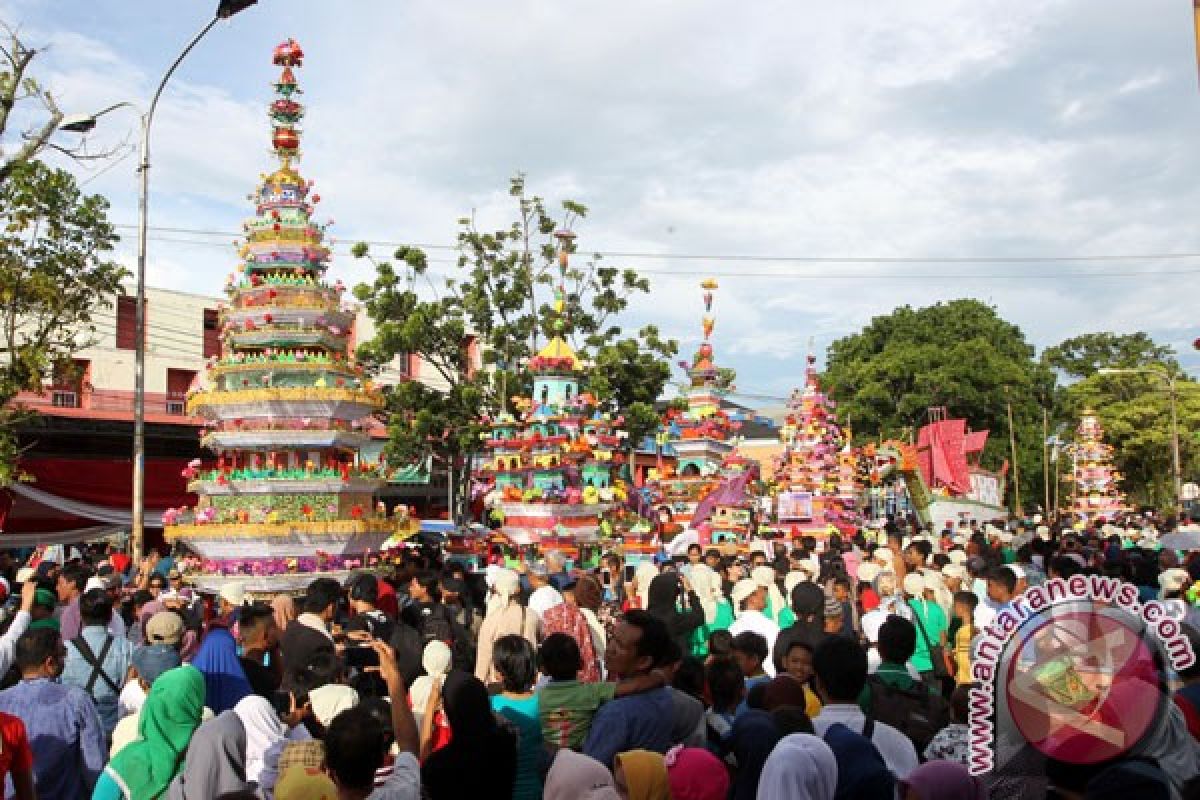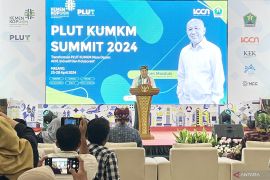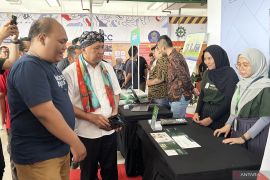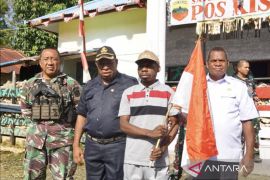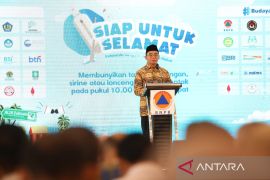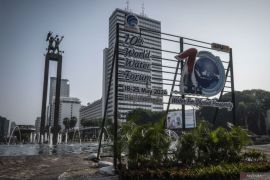Islamic New Year for Bengkulu bears a very significant historic value which is linked not only to the new year itself but also to an event when one of the grandsons of Prophet Muhammad was murdered at the Karbala desert in Iraq.
On every Islamic New Year, Bengkulu, therefore, organizes various rituals to observe the saddest event. While it has religious and historic values, the rituals include certain festivals that are now becoming interesting events. Hence, the rituals carried out through the festival also serve as a means of attracting tourism.
The local government has even organized the rituals, also known as Tabot Festival, as an annual event in its tourism development program. Literally, tabot means a wooden box. This might refer to the coffin of Prophet Muhmmad`s grandson Imam Hussein, who was slain in Karbala desert.
This year, Tabot Festival 2018 will last from Sept 11 to Sept 20. Bengkulu Acting Governor Rohidin Mersyah stated in Bengkulu on Tuesday that the festival is one of the Wonderful Indonesia events of the Ministry of Tourism.
"This festival is certainly not only a matter of cultural and religious rituals but also a potential asset for the development of the tourism sector," he remarked.
Tabot Festival, according to him, aims to introduce and develop a variety of arts and culture to be developed as a tourist attraction that exists on the land of Rafflesia flowers, namely Bengkulu Province.
In addition, this festival also serves as a forum for artistic and industry players to create and preserve local cultures.
"The festival is also one of the generators of economic development. The more about Bengkulu is known, the more attraction the province could have in the tourism sector. Thus, the tourist visits will increase, the circulation of money will be greater, and the economy of the local people will become more alive," he remarked.
The festival, starting from Tuesday, 1st Muharram or the first month of the Islamic calendar, has a strong religious nuance, which is linked to the murder of Hussein.
The infamous tragedy of Karbala is remembered by all Muslims on the 10th day of the Islamic month of Muharram as the saddest day in the history of Islam.
The Karbala massacre is notoriously known for being one of the darkest and saddest days in Islamic history. On the tenth day of the sacred Islamic month of Muharram, in the year 61 Hegira, approximately 50 years after the death of Prophet Muhammad, his grandson Hussein was martyred along with all the members of his family, including women and children.
Nowadays, Tabot Festival has become a traditional ceremony of the Bengkulu community to commemorate the heroic event and the demise of Hussein during the battle in Karbala desert against the forces of Ubaidillah bin Zaid on the 10th of Muharram 61 Hegira.
The festival was first held in Bengkulu in 1685 to observe this tragic episode in history by Syekh Burhanuddin, who was known as Imam Senggolo. Burhanuddin was married to a daughter of the Bengkulu family. Their children, grand children, and descendants, who are known as the Tabot Family, have ever since observed the Tabot ritual in Bengkulu.
Therefore, the local government has declared the Tabot festival as an annual event for the province.
Acting Governor Rohidin Mersyah, therefore, once again opened the annual Tabot Festival on Monday night (Sept 10). On the next day, or the beginning of the festival, a series of events will begin with cultural arts performances, traditional `dhol` music, and creative dance competitions.
The tabot ritual series, which started on Monday night, will start with a soil-taking ritual and be continued on Sept 14, 2018, with the Sit `Penja` activity (a metal property ritual). The day after, it will be followed by Menjara I (procession ritual I) and Menjara II ceremony on the next day.
Other procession rituals called `arak jari-jari` and `arak sorban` will follow on Sept 17 and Sept 18, while on Sept 19, the ritual ceremony will present the `Tabot Naik Puncak` (procession to the peak), `Arak Gedang,` and `Tabot Bersanding` (sitting side-by-side) procession rituals. The last day of the tabot festival will show the `Tebuang` parade.
"There are other cultural arts activities held every day. These activities will be very interesting to watch, such as the fish festival and local ethnic performances," he revealed.
The annual festival is also usually enlivened with exhibitions of flagship and creative economic products from Bengkulu and from various other provinces in the country. The festival is organized as an effort to introduce various local wisdom-based cultures, tourism, and creative economy products.
Hence, tabot festival, with its religious nuance, needed to be preserved and made one of the main tourism attractions of Bengkulu.
Besides that, several years ago, the local government of Bengkulu had proposed to UNESCO to consider Tabot Festival as Bengkulu`s recognized intangible cultural heritage.
Editing by Yoseph Hariyadi
Reporter: Andi Abdussalam
Editor: Heru Purwanto
Copyright © ANTARA 2018
